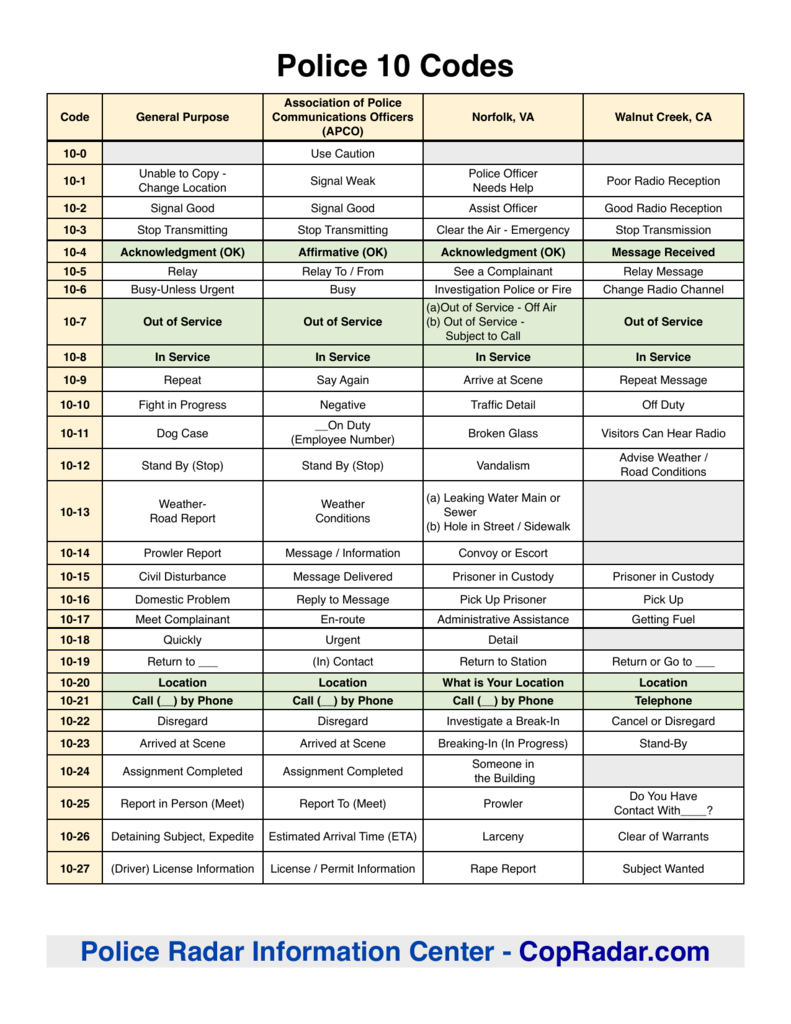The term "police" carries a significant weight in society, encompassing various roles and responsibilities that ensure public safety and order. As we delve deeper into the 12 meanings of police, we will explore the multifaceted nature of this crucial institution. This article aims to provide a comprehensive understanding of police functions, history, and societal impact, making it an essential read for anyone interested in law enforcement.
Law enforcement agencies around the world play a vital role in maintaining peace and protecting citizens. The concept of police has evolved over centuries, adapting to the needs of modern society while preserving its core mission. This article will guide you through the different dimensions of police work and its significance in contemporary times.
By the end of this article, you will gain insights into the diverse meanings of police and how they contribute to the well-being of communities. Whether you are a student, researcher, or simply curious about the role of police in society, this article will provide valuable information supported by credible sources.
Read also:Experience The Ultimate Relaxation At Beaucage Spa Boston
Table of Contents
- The History and Evolution of Police
- The Role of Police in Society
- Types of Police Forces Around the World
- Key Functions and Responsibilities
- Challenges Faced by Modern Police
- The Role of Technology in Policing
- Ethics and Accountability in Policing
- Community Policing and Engagement
- Training and Development for Police Officers
- The Future of Policing
The History and Evolution of Police
The history of police dates back thousands of years, with early societies establishing systems to maintain order and protect citizens. The term "police" itself originates from the Greek word "polis," meaning city or community. Over time, police forces have evolved to address the changing needs of society.
Early Forms of Policing
In ancient civilizations, such as Egypt and Rome, law enforcement was primarily handled by military forces or appointed officials. These early forms of policing focused on maintaining public order and protecting property. The concept of a dedicated police force began to take shape in medieval Europe, where local militias were formed to address crime and disorder.
Modern Police Forces
The establishment of the London Metropolitan Police in 1829 by Sir Robert Peel marked a significant turning point in the history of policing. This professional force introduced the principles of community policing and set a precedent for modern law enforcement agencies worldwide. Today, police forces operate under various structures and systems, adapting to the unique challenges of their respective regions.
The Role of Police in Society
The role of police in society extends beyond enforcing laws and apprehending criminals. Police officers serve as protectors, mediators, and problem solvers, ensuring the safety and well-being of communities. Understanding the 12 meanings of police requires recognizing their diverse responsibilities and contributions.
Key Responsibilities
- Maintaining public order and safety
- Preventing and investigating crimes
- Providing emergency response services
- Protecting civil rights and liberties
These responsibilities highlight the multifaceted nature of police work and the importance of collaboration with other agencies and stakeholders.
Types of Police Forces Around the World
Policing structures vary significantly across different countries, reflecting cultural, political, and historical factors. Understanding the types of police forces globally provides valuable insights into the diverse approaches to law enforcement.
Read also:Exploring The Rich Flavors Of Nicaraguan Typical Food
Local vs. National Police Forces
Many countries have both local and national police forces, each with distinct jurisdictions and responsibilities. Local police focus on community-specific issues, while national forces handle broader concerns such as national security and cross-border crimes.
Specialized Units
In addition to general-purpose police forces, specialized units address specific types of crime, including cybercrime, counterterrorism, and organized crime. These units require specialized training and resources to effectively combat complex threats.
Key Functions and Responsibilities
The 12 meanings of police encompass a wide range of functions and responsibilities. Below are some of the most critical areas of police work:
- Crime prevention and detection
- Traffic management and enforcement
- Community engagement and education
- Emergency response and disaster management
Each of these functions plays a vital role in maintaining public safety and order, requiring collaboration and coordination among various stakeholders.
Challenges Faced by Modern Police
Modern police forces face numerous challenges in their efforts to maintain public safety and order. These challenges include:
- Addressing issues of bias and discrimination
- Adapting to rapidly evolving technology
- Managing limited resources and budgets
- Building trust and cooperation with communities
Overcoming these challenges requires ongoing efforts to improve training, policies, and practices, ensuring that police forces remain effective and accountable.
The Role of Technology in Policing
Technology has revolutionized the field of policing, providing innovative tools and solutions to enhance efficiency and effectiveness. From body-worn cameras to artificial intelligence, technology plays a crucial role in modern law enforcement.
Benefits of Technology
Technology offers numerous benefits to police forces, including improved communication, data analysis, and evidence collection. These advancements enable officers to respond more quickly and effectively to incidents, enhancing public safety and trust.
Challenges and Concerns
Despite its advantages, the use of technology in policing raises concerns about privacy, surveillance, and potential misuse. Addressing these concerns requires establishing clear guidelines and safeguards to ensure responsible and ethical use of technology.
Ethics and Accountability in Policing
Ethics and accountability are fundamental principles in policing, ensuring that officers uphold the highest standards of integrity and professionalism. The 12 meanings of police emphasize the importance of ethical conduct and accountability in maintaining public trust.
Codes of Conduct
Police forces worldwide adhere to strict codes of conduct, outlining expectations for behavior and performance. These codes emphasize respect for human rights, fairness, and impartiality, guiding officers in their interactions with the public.
Accountability Mechanisms
Accountability mechanisms, such as internal affairs units and civilian oversight boards, play a crucial role in addressing misconduct and ensuring transparency. These mechanisms help build trust between police forces and the communities they serve.
Community Policing and Engagement
Community policing represents a proactive approach to law enforcement, emphasizing collaboration and partnership between police forces and the communities they serve. This approach aligns with the 12 meanings of police, highlighting the importance of community engagement and trust-building.
Strategies for Community Policing
Effective community policing strategies include:
- Regular community meetings and forums
- Partnerships with local organizations and businesses
- Outreach programs targeting vulnerable populations
These strategies foster open communication and cooperation, enabling police forces to better understand and address the needs of their communities.
Training and Development for Police Officers
Training and development are essential components of modern policing, equipping officers with the skills and knowledge needed to perform their duties effectively. The 12 meanings of police emphasize the importance of continuous learning and improvement in law enforcement.
Core Training Areas
Police training programs cover a wide range of topics, including:
- Legal and ethical standards
- Use of force and de-escalation techniques
- Cultural competency and diversity awareness
These areas ensure that officers are well-prepared to handle diverse situations and challenges in their work.
The Future of Policing
As society continues to evolve, so too must the field of policing. The future of policing will likely involve increased reliance on technology, greater emphasis on community engagement, and ongoing efforts to improve ethics and accountability.
Emerging Trends
Emerging trends in policing include:
- Increased use of data analytics and artificial intelligence
- Growing focus on mental health and wellness for officers
- Expansion of restorative justice practices
These trends reflect the changing landscape of law enforcement and the need for innovative solutions to address contemporary challenges.
Conclusion
In conclusion, the 12 meanings of police encompass a wide range of functions, responsibilities, and societal contributions. By understanding the history, evolution, and current state of policing, we can appreciate the vital role that police forces play in maintaining public safety and order. As we look to the future, it is essential to continue improving training, policies, and practices to ensure that police forces remain effective, accountable, and trusted by the communities they serve.
We invite you to share your thoughts and insights in the comments section below. Additionally, explore other articles on our site to deepen your understanding of law enforcement and related topics. Together, we can contribute to a safer and more just society for all.


